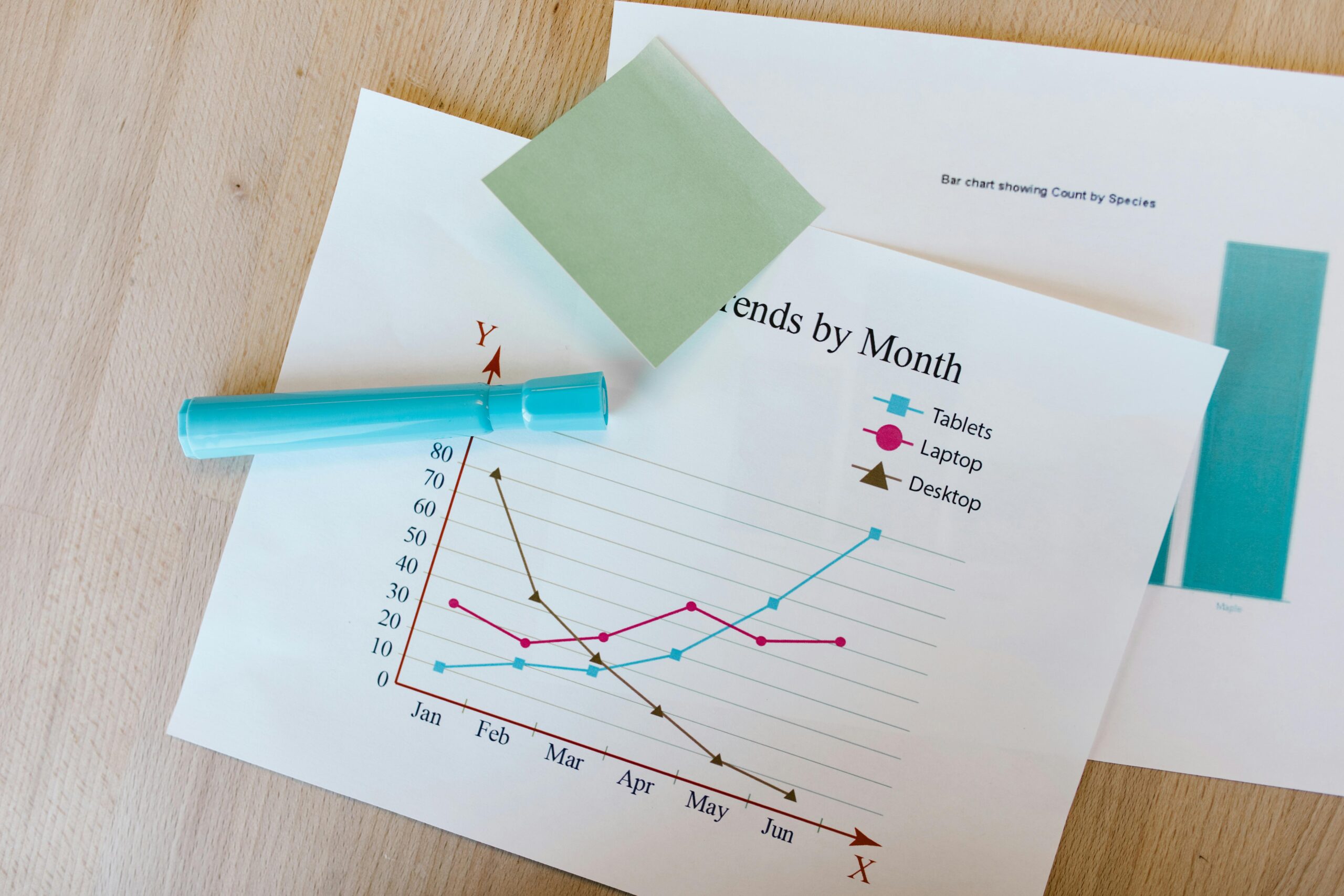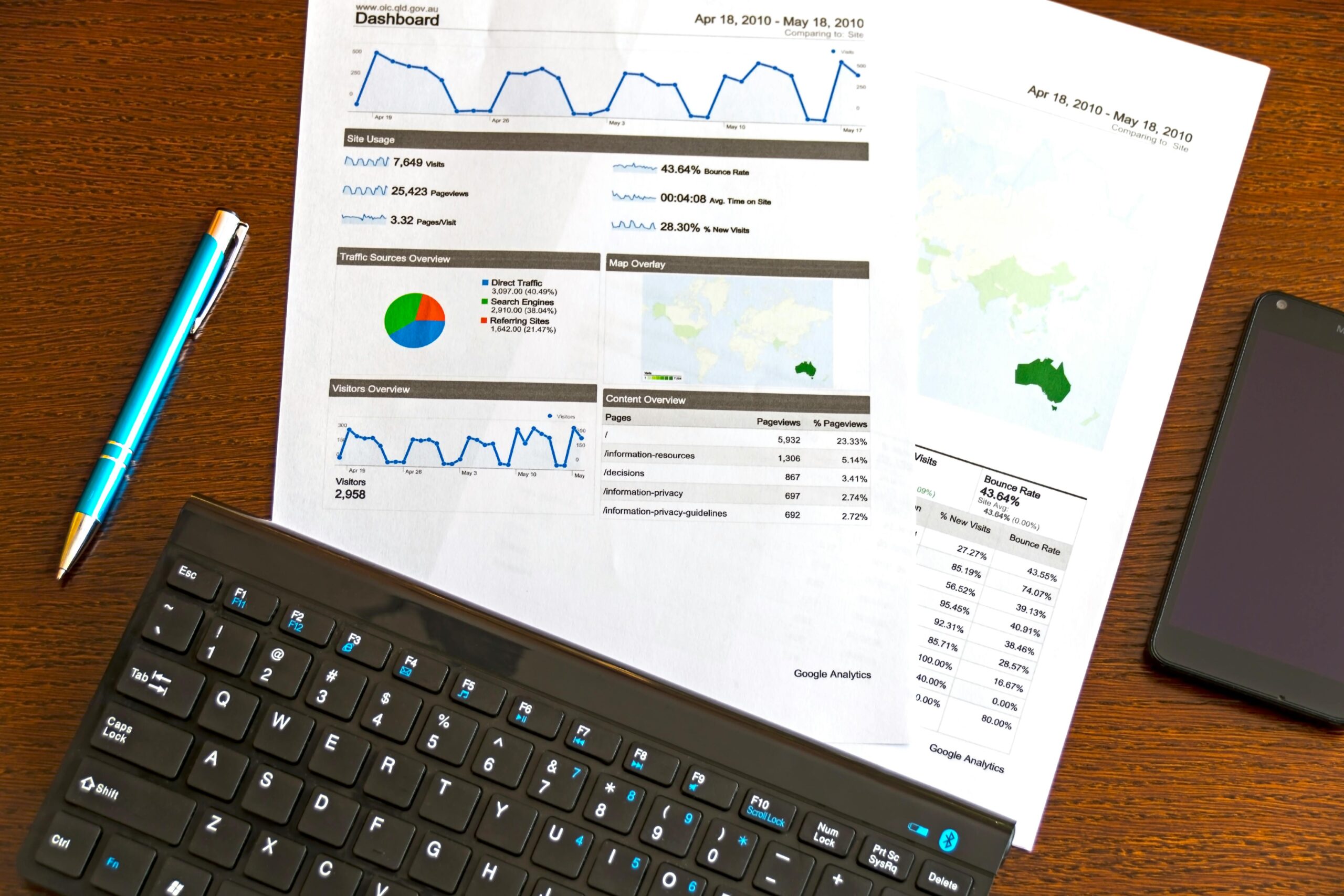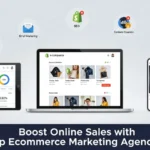
How to Enhance Your Marketing Campaigns with AI: A Step-by-Step Guide
Introduction: The AI Revolution in Marketing
The marketing landscape is undergoing a dramatic transformation, fueled by AI (Artificial Intelligence). AI is no longer a futuristic concept; it’s a present-day reality, revolutionizing how businesses approach their marketing efforts. From automating tedious tasks to providing deep insights into customer behavior, AI offers unprecedented opportunities to enhance marketing campaigns. This guide will walk you through the essential steps to integrate AI into your marketing strategy, helping you unlock its full potential.
Step-by-Step Instructions: Integrating AI into Your Marketing Strategy
Step 1: Define Your Marketing Goals and Objectives
Before diving into AI implementation, it’s crucial to establish clear marketing goals. What do you aim to achieve? Increase brand awareness? Boost sales? Improve customer engagement? Defining specific, measurable, achievable, relevant, and time-bound (SMART) goals provides a roadmap for your AI strategy. These goals will guide your tool selection and help you measure the success of your AI initiatives.

Step 2: Identify Areas for AI Integration
AI can be applied across various aspects of digital marketing. Consider these key areas for integration:
- Content Creation: Use AI tools to generate blog posts, social media updates, and ad copy. Internal link: Check out “5 AI-Powered Marketing Tools to Revolutionize Your Campaigns” (https://thedigitalshift.co/5-ai-powered-marketing-tools-to-revolutionize-your-campaigns/) to learn more about AI-driven content creation.
- SEO Optimization: Employ AI to conduct keyword research, analyze competitor strategies, and optimize website content.
- Advertising: Leverage AI for ad targeting, bidding strategies, and campaign performance analysis. Explore “7 Google Ads Tactics to Maximize Your ROI” (https://thedigitalshift.co/7-google-ads-tactics-to-maximize-your-roi/) for insights.
- Email Marketing: Automate email personalization, segmentation, and send-time optimization.
- Social Media Management: Schedule posts, analyze social media trends, and engage with your audience using AI-powered tools.

Step 3: Choose the Right AI Tools and Platforms
Selecting the right AI tools is crucial. Consider your specific needs, budget, and technical capabilities. Research platforms that offer features relevant to your goals. Some popular platforms include tools for SEO, content creation, and advertising. Compare features, pricing, and user reviews before making a decision. External link: Explore “Strengthen Marketing Campaigns With AI: A Step-by-Step Guide” (https://www.grammarly.com/blog/writing-with-ai/ai-marketing-campaigns/) for additional guidance.

Step 4: Data Collection and Preparation
AI thrives on data. The quality and quantity of your data directly impact the effectiveness of your AI initiatives. Collect high-quality data about your target audience, their behavior, and campaign performance. Ensure your data is clean, accurate, and well-organized. Prepare your data by cleaning, transforming, and structuring it in a way that’s compatible with your chosen AI tools. External link: “Getting Started with AI for Marketing: A Practical Guide – Zeta Global” (https://zetaglobal.com/resource-center/ai-for-marketing-guide/) provides insights on how to maximize the use of data.

Step 5: Implement and Test AI Solutions
Once you’ve chosen your tools and prepared your data, it’s time to implement your AI solutions. Integrate the tools into your marketing workflows and start testing. Implement A/B testing to compare the performance of AI-driven campaigns against traditional methods. Iterate and make improvements based on the results of your tests. External link: “Practical AI for marketers: A step-by-step campaign guide” (https://www.thinkwithgoogle.com/intl/en-emea/marketing-strategies/automation/ai-marketing-campaign-guide/) provides a step-by-step approach for building AI marketing campaigns.

Step 6: Analyze Results and Optimize
Regularly analyze the performance of your AI-driven campaigns. Monitor key metrics such as conversion rates, ROI, customer engagement, and website traffic. Use the data to identify areas for optimization. Refine your AI strategies, adjust your targeting, and experiment with different approaches. Internal link: Check out “The Digital Marketing Revolution: How AI is Changing the Game” (https://thedigitalshift.co/the-digital-marketing-revolution-how-ai-is-changing-the-game/) for insights on how AI is changing the game.

Tips and Warnings: Best Practices for AI Marketing
Data Privacy and Security Considerations
Data privacy and security are paramount. Ensure you comply with all relevant data protection regulations. Implement robust security measures to protect your data from unauthorized access. Be transparent with your customers about how you collect and use their data. External link: “How to Design an AI Marketing Strategy – Harvard Business Review” (https://hbr.org/2021/07/how-to-design-an-ai-marketing-strategy) provides more insights on how to design AI marketing strategies.

Avoiding Over-Reliance on AI
While AI offers incredible benefits, avoid over-reliance. Human oversight is crucial. Review AI-generated content, monitor campaign performance, and make necessary adjustments. Balance automation with human creativity and judgment.
Continuous Learning and Adaptation
AI technology is constantly evolving. Stay informed about the latest trends and advancements. Continuously learn and adapt your strategies to maximize the effectiveness of your AI initiatives. Internal link: Explore “7 Game-Changing Ways AI is Reshaping Marketing Strategies” (https://thedigitalshift.co/7-game-changing-ways-ai-is-reshaping-marketing-strategies/) for more insights.
Conclusion: The Future of Marketing with AI
Integrating AI into your marketing campaigns is no longer optional; it’s a necessity. By following these steps, you can unlock the transformative potential of AI to enhance your marketing efforts, improve your ROI, and drive business growth. Embrace the AI revolution and position your business for success in the future of marketing.

Quick Summary
This guide provides a step-by-step approach to integrating AI into marketing campaigns, covering goal setting, tool selection, data preparation, implementation, analysis, and optimization. It emphasizes the importance of data privacy, human oversight, and continuous learning for successful AI marketing.
FAQ
What are the key benefits of using AI in marketing?
AI can automate tasks, personalize customer experiences, improve targeting, and optimize campaigns for better results.
What are some common AI tools for marketing?
Examples include tools for SEO, content creation, advertising, email marketing, and social media management.
How do I choose the right AI tools for my business?
Consider your specific marketing goals, budget, and the features offered by different AI platforms.
What kind of data is needed for AI marketing?
High-quality, relevant data about your target audience, their behavior, and campaign performance is essential.
How do I measure the success of AI-driven marketing campaigns?
Analyze key metrics such as conversion rates, ROI, customer engagement, and website traffic.
Additional Resources / References
- Strengthen Marketing Campaigns With AI: A Step-by-Step Guide
- Practical AI for marketers: A step-by-step campaign guide
- How to Start Building AI Marketing Campaigns – Agile Sherpas
- Getting Started with AI for Marketing: A Practical Guide – Zeta Global
- How to Design an AI Marketing Strategy – Harvard Business Review
- 5 AI-Powered Marketing Tools to Revolutionize Your Campaigns
- 7 Google Ads Tactics to Maximize Your ROI
- AI’s Role in Modern Marketing: A Comprehensive Overview
- 7 Game-Changing Ways AI is Reshaping Marketing Strategies
- The Digital Marketing Revolution: How AI is Changing the Game



